Families’ Nutrition Improves Children’s Potential
Global Volunteers promotes the well-being of children around the world so they can realize their full potential. Working in partnership with our local partners, we inspire volunteers to contribute their skills to projects addressing health, nutrition, hunger, and education. This is the second post in a series about the specific areas of child development that Global Volunteers works on in struggling communities worldwide.
Humans can’t survive long without food, but simple sustenance isn’t enough. Our diets must contain adequate nutrition to sustain life-long health. Particularly in the first 1,000 days of life – from conception to age two – a child’s diet will positively or negatively impact their future.
Understanding the importance of nutrition is fundamental to any program supporting children’s and pregnant women’s health. The World Food Programme (WFP) reports “the right nutrition at the right time can change lives and break the cycle of poverty.”
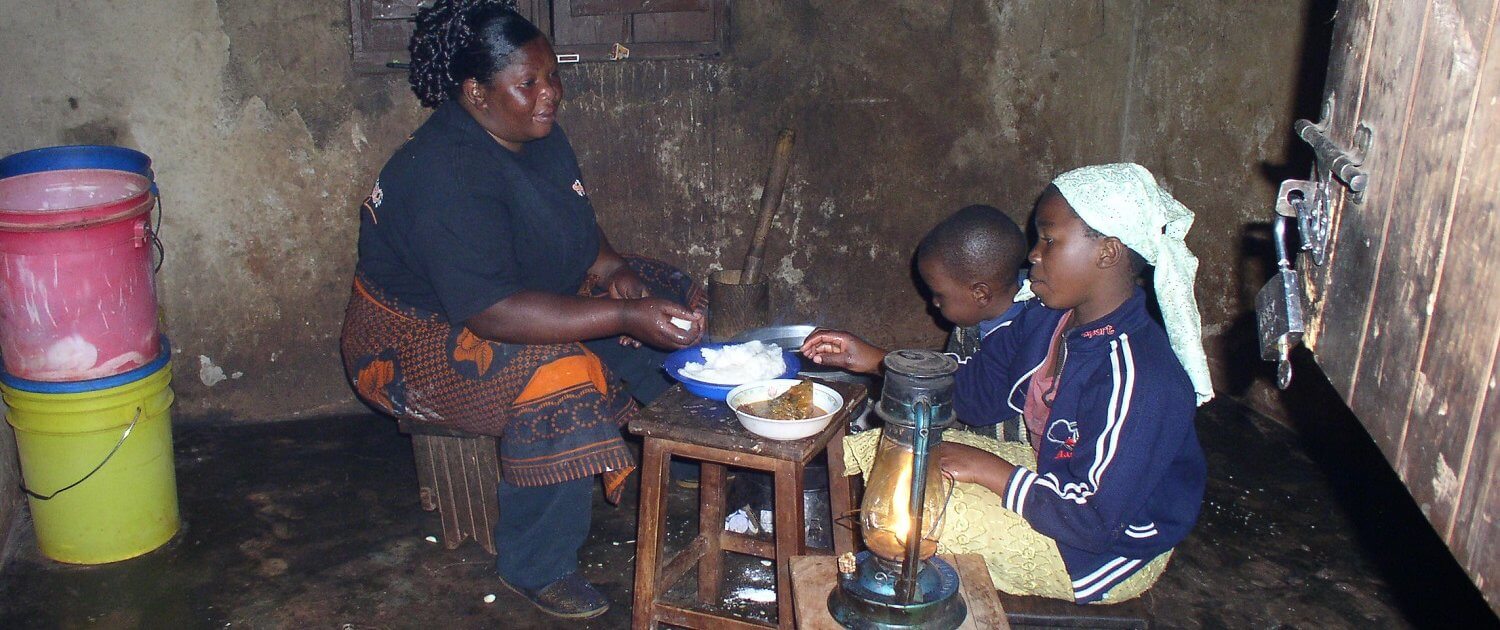
But, knowing what foods to eat and drink doesn’t come naturally to people. We all must learn about the nutrition we need and the foods that offer the best nutrition. Poverty interrupts both access to and education about proper nutrition. So in some of our partner communities, Global Volunteers supports local leaders’ focus on nutrition for children’s health and potential.
Food in all its forms is actually a life-giving delivery system for nutrients in our bodies. Nutrients enable us to grow in childhood, and throughout our lives to fight sickness, move, think, and breathe. Nutrients are the building blocks and energy sources for our bodies to function properly.
Volunteer professionals – working and retired nutritionists, nurses, physicians, pharmacists, dietitians, and students in those disciplines – provide nutrition education to parents and students at local leaders’ request. The basics can be understood by and taught to youth and adults alike. Lessons are offered in school room classes and parent workshops in group settings where volunteers teach what they know.
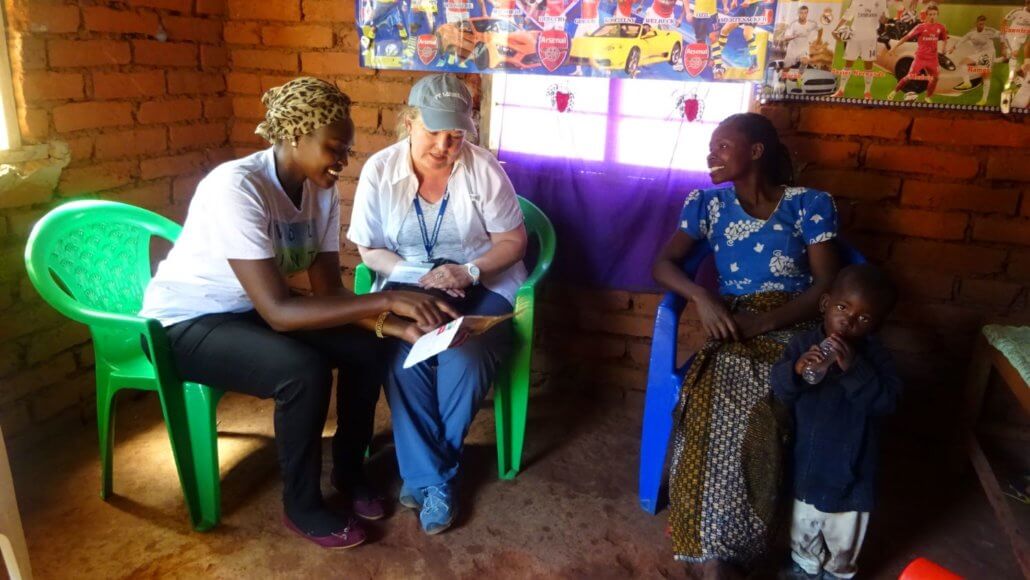
A Primer on Nutrition Basics
While our bodies are complex, the basics of nutrition are relatively simple. The nutrients our bodies need are divided into six groups: Carbohydrates, proteins, fats, vitamins, minerals, and water. Carbohydrates provide energy. Any extra carbohydrates we eat are stored in our bodies as fat. Too much fat is unhealthy and can cause serious medical conditions like high blood pressure, diabetes, and heart diseases. Protein helps us grow and stay strong. We need proteins to develop and maintain healthy muscles, bones, skin, blood, hair, and nails. Fats supply energy for our bodies. Vitamins and minerals allow us to heal wounds, strengthen our immune system, convert food into energy, and repair cellular damage, among other functions. Water is required for every function of our body. Water also helps control body temperature. We lose water when we breathe, sweat, urinate, and defecate. Therefore, everyone needs to drink enough water to keep our bodies functioning – optimally, eight cups each day.
The World Health Organization states that adequate nutrition is most critical in the first 1,000 days. Undernourishment early in a baby’s life threatens its physical growth, brain development, and lifelong health. Consequently, adequate nutrition for every pregnant woman is crucial. Exclusive breastfeeding during the first six months is also essential. After the sixth month, parents should supplement breast milk with sufficient and safe complementary foods, but breastfeeding should continue until the child’s 2nd birthday. The choices of complimentary food may be made according to custom, taste, or ease. But adequate nutrition is the most critical consideration.
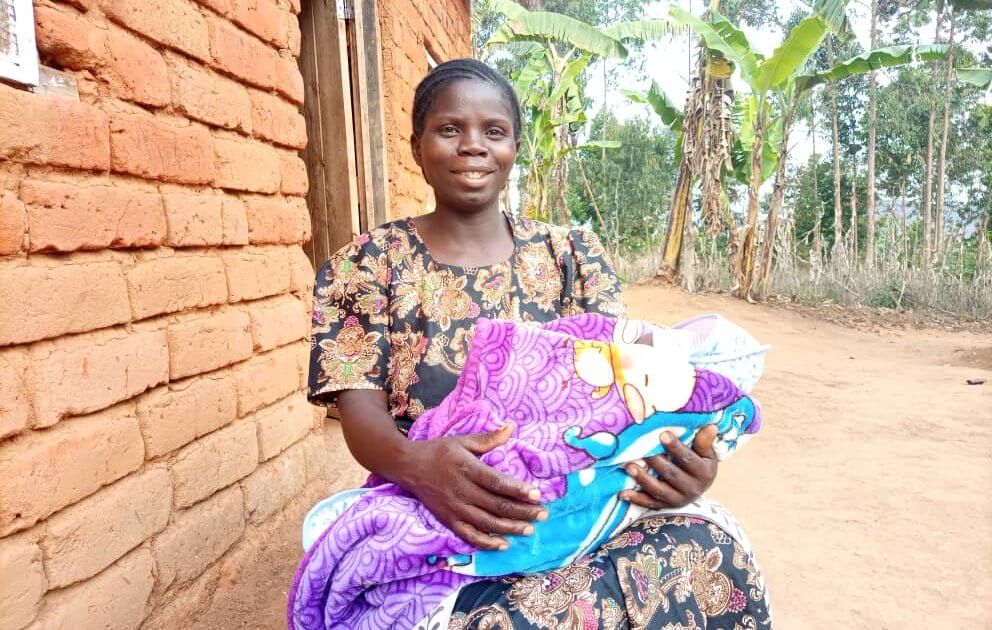
Without sufficient knowledge, encouragement, and access to healthy foods, parents can’t provide their children with sufficient nutrition. Global Volunteers supports local communities by engaging in three primary ways. Volunteer professionals teach about nutrition and the importance of consuming high-quality food and clean water. We provide families with technologies to increase household vegetable and protein production. And volunteers offer psychosocial support to families as they make necessary behavioral changes.
Good Nutrition for Children’s Health and Potential
Global Volunteers’ Reaching Children’s Potential (RCP) Program is a child-focused, parent-driven, family-centered, and community-led comprehensive approach to eradicate hunger, improve health, and enhance cognition. The program begins with pregnancy and continues through the 18th birthday centering around pregnant women, mothers, infants, and toddlers. The lessons taught at parent workshops and in schools are reinforced through home visits, where we follow each family’s progress, help them adopt hygiene and food technologies, and encourage them to keep working towards a healthy lifestyle. Supporting good nutrition is a foundational service in helping children reach their full potential.
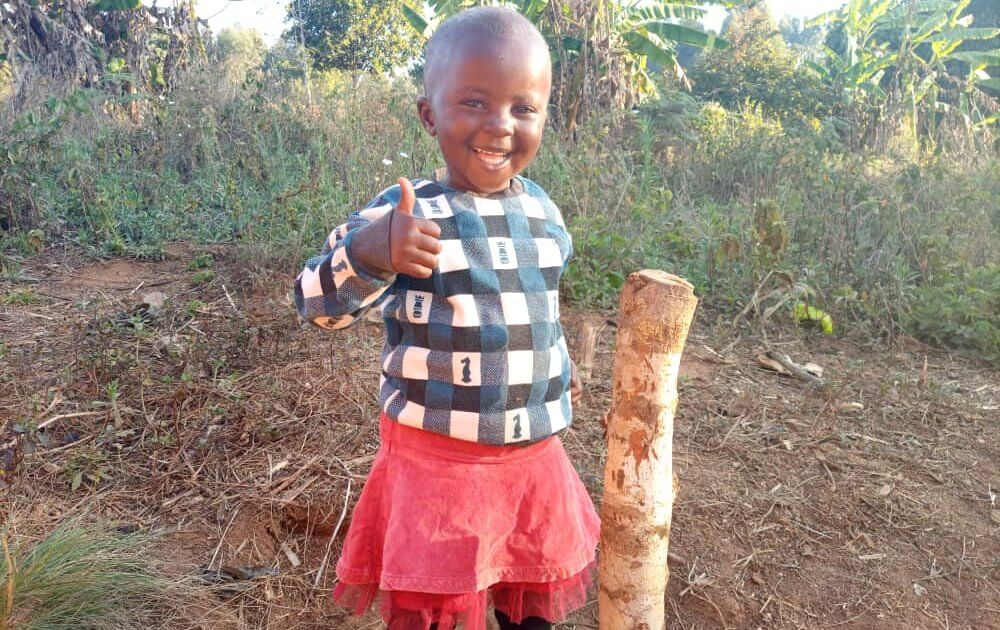
Global Volunteers provides families and students fortified packaged meals and micro-nutrient supplements during the early stages of the RCP Program. Donated by Rise Against Hunger, these meals offer pregnant women, new moms, babies, toddlers, and students two nutritious meals a day. These meals include the recommended daily amounts of vitamins and minerals (i.e., folate, iron, iodine, zinc, niacin, selenium, manganese, vitamins A, B1, B2, B6, C, and E), all of which reduce maternal morbidity and mortality, and boosts fetal growth and development. This nutrition supplements their primary staple of ugali – a maize flour porridge which is filling and provides carbohydrates and fat but lacks sufficient vitamins and minerals.
To help families become food self-sufficient, the RCP Program also supplies household container gardens (EarthBoxes) to grow vegetables efficiently, and offers each family a chicken coop. The vegetables and eggs provide vitamins, minerals, and protein that every person needs. The supplemental meals, EarthBoxes, and chicken coops, together with the workshops and the home visits, are making a measurable impact in the lives of participating families.
You may also like:

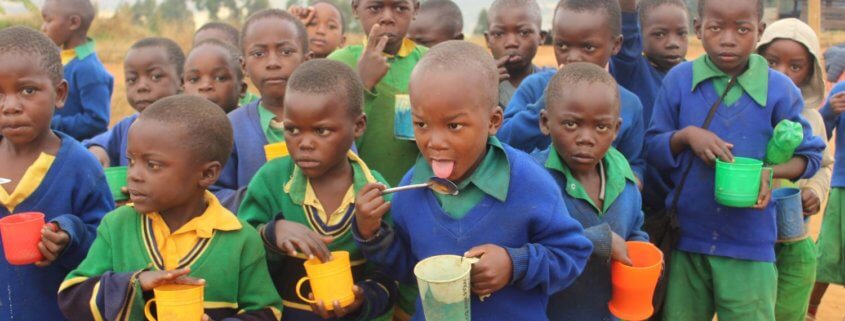


Leave a Reply
Want to join the discussion?Feel free to contribute!